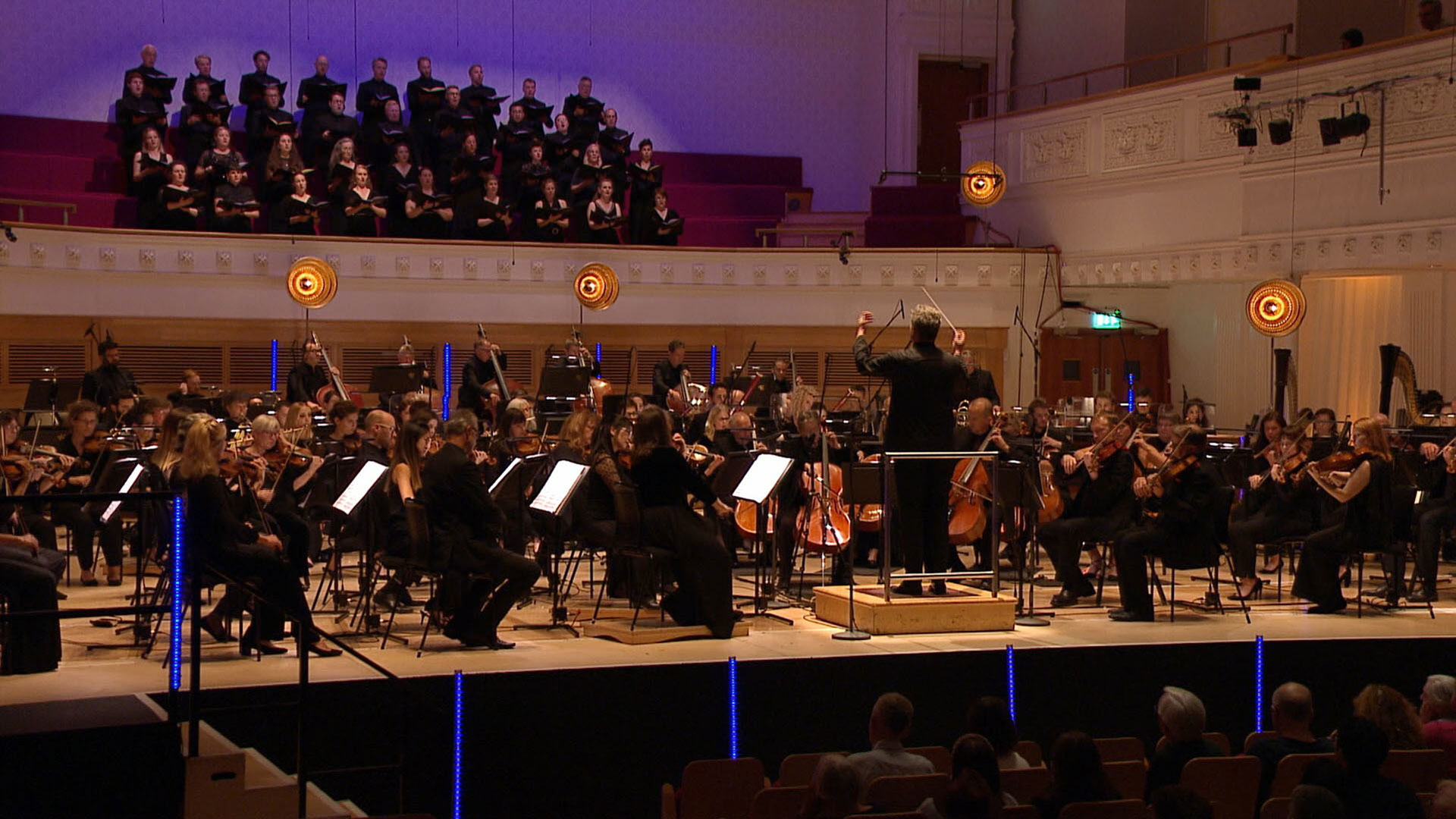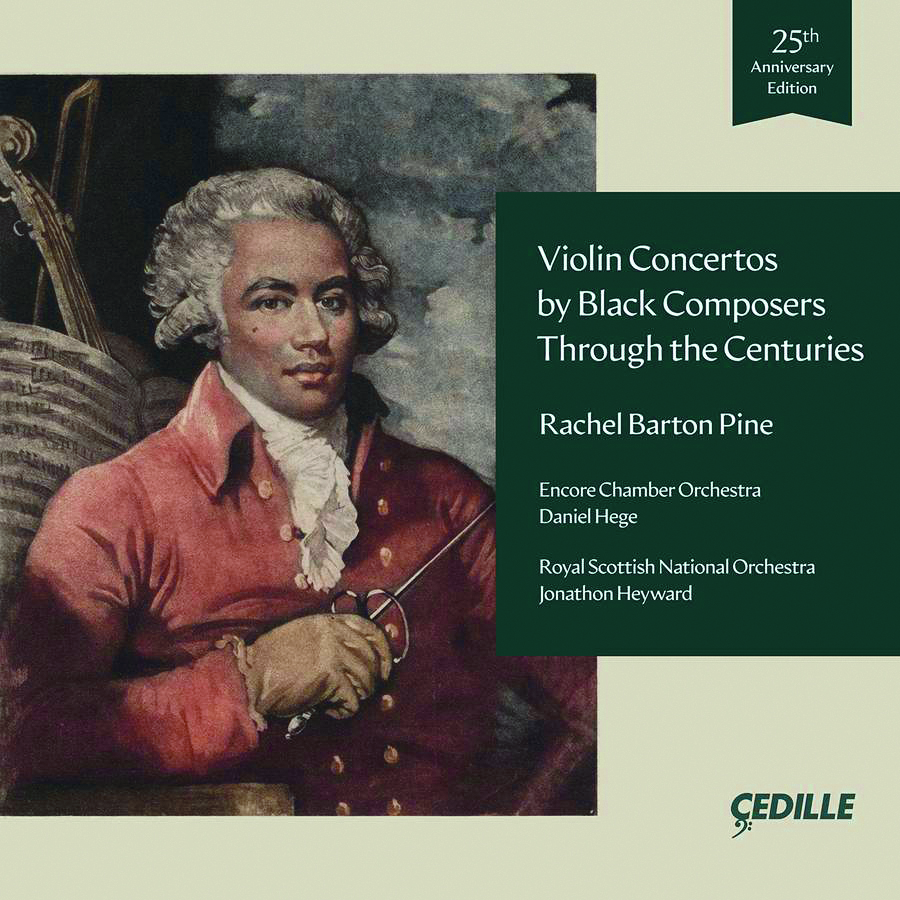“And that’s what you pay your licence for,” beams Chris Packham in most episodes of BBC Two’s ‘watches’, usually following the careful dissection of an owl pellet or night-time footage of a beaver eating an apple. As a fan of Springwatch and its seasonal siblings, I quite agree – I’m more than happy to contribute to the programme’s low-fi pie-charts and superb nature footage, just as I’m pleased to pay for the Proms and other BBC projects. Of course, not everyone feels the same way, and there are ongoing battles about what does and does not represent value for money – against murmurings about whether a state-supported broadcaster should exist at all. The BBC recently reviewed its classical music work, appointing a new head of orchestras and choirs – one Simon Webb, former director of the Salford-based BBC Philharmonic. The restructure sees a 20 per cent reduction of salaried positions in the BBC Symphony, Philharmonic and Concert orchestras, and ‘alternative funding’ for the BBC Singers.
It’s the latest in a series of BBC-related disappointments: after 17 years, Autumnwatch has been cancelled.
The as-yet-unknown funding of the BBC Singers was announced last week, after the BBC U-turned on its decision to axe the ensemble in its entirety. The choir, comprising 20 full-time vocalists and administrators, is due to celebrate its centenary in 2024 and is internationally recognised for its expertise, particularly when it comes to new and unusual music. More than 700 composers signed a letter to Tim Davie, the BBC director general, asking him to reconsider. “As composers, we recognise the BBC Singers as one of the world’s great advocates for new choral music throughout their 99-year history,” they wrote. “The loss of this extraordinary group would be devastating for the future of the art form, for the composers it champions and for the audiences it serves… Their contribution to the last century of music has been incalculable.” Signatories include the great and good in British classical music, such as John Rutter, James MacMillan and Judith Weir, master of the King’s music.
The temporary reprieve follows the Arts Council England’s move to reinstate the English National Opera’s funding for a year, after its sudden removal of support was roundly contested. Given there are plenty of people who have no idea that the BBC has its own choral group, the broadcaster seemed to think that it could silently bring down the axe. But the scale of protests have been both impressive and surprising. The new BBC strategy, which seems to focus on where orchestras are based, in line with current attempts to even out London bias, ignores the essential brilliance of broadcasting – ie an infinite number of people can watch a TV performance, clearly reaching an audience beyond its resident city.
Sometimes, though, you have to be there in person. Such was the case with Duet for One, Tom Kempinski’s 1980 play about a musician grappling with a life-changing illness, which recently ran at Richmond’s Orange Tree Theatre. Like Tár, the pseudo-biopic about an internationally revered conductor, Duet for One takes some inspiration from the real-life classical world. Stephanie Abrahams (Tara Fitzgerald), the starry violinist whose career has been cut short by a debilitating condition, bears similarities to Jacqueline du Pré, the cellist who retired from the stage at 28 due to multiple sclerosis. Duet for One is set in Dr Feldmann’s office – here a white circular stage that slowly, constantly, rotates – where the psychiatrist (Maureen Beattie) maintains her blank neutrality in the face of Abrahams’ obstinance.
This new staging is more of a trio: solo violin music composed by Oliver Vibrans is played from the wings, bringing another dimension to this brilliantly claustrophobic, compelling drama.










